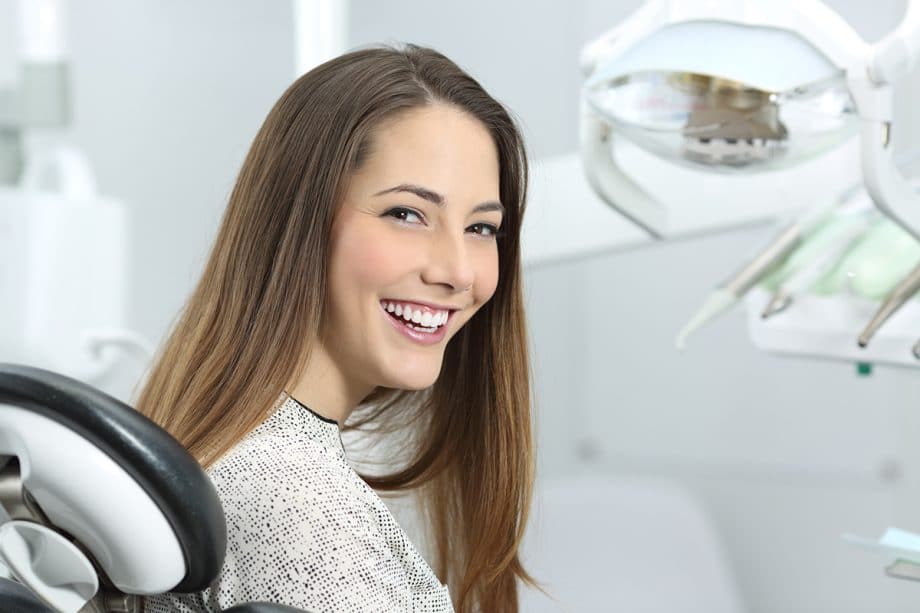Our teeth are porous just like our skin is porous. Because of tiny holes in the teeth, our teeth act similarly to sponges. This porous nature is in fact, the reason we can whiten our teeth, and the reason that crowns, bridges, and veneers cannot be whitened. However, whitening does cause mild dehydration in your teeth. So what, if anything, do you need to do to rehydrate your teeth after whitening? Read on to learn more about taking excellent care of newly whitened teeth.
Avoid Stain-Causing Food
Because your teeth will be a bit dehydrated after whitening, it is best to avoid colored foods for the first 24 hours. Coffee, tea, wines, sodas, tomato sauce, dark berries, catsup, and other highly colored food can stain your newly whitened teeth. So it’s best to stick with chicken, fish, rice, bread, white cheese, yogurt, and other foods that are not rich in color.
Use a Toothpaste Designed to Treat Sensitivity
Most people have some degree of tooth sensitivity. Teeth whitening can exacerbate the sensitivity, so your dentist may recommend specific toothpaste or gel designed for sensitive teeth, to alleviate discomfort when brushing. A mouthrinse that is also designed for sensitive teeth may also help to numb nerve endings in the inner layers of your teeth.
Consider a Fluoride Treatment
After an in-office whitening session, a fluoride treatment can help to strengthen your tooth enamel. This can help them to stay hydrated. Ask your dentist if they recommend a fluoride treatment after whitening your teeth.
Saliva is the Best Hydration
Since your teeth are slightly dehydrated after whitening, you may be inclined to drink lots of water. While drinking plenty of water is always a good idea, it won’t necessarily rehydrate your teeth. The best way to rehydrate your teeth is by ensuring your mouth stays moist. Your saliva contains the minerals your tooth enamel needs to resurface and restore itself after whitening.
Avoid smoking, extreme exercise, excess caffeine, mouth rinses with alcohol in them, and any other foods or activities that will leave your mouth dry.
Is Teeth Whitening Right for Me?
Many people are excellent candidates for in-office teeth whitening, or take-home whitening kits available from your dentist. People with yellowed teeth typically make the best candidates and generally achieve noticeably whiter teeth. If you have very few or no fillings, you’re also likely to see great results from teeth whitening. Unfortunately, teeth that are brown or gray are unlikely to whiten much or whiten at all. Teeth that are stained from certain medications are also not likely to whiten.
If you have extreme tooth sensitivity talk with your dentist before whitening your teeth. If you have active gum disease, you will need to have it treated before whitening your teeth. If you have bridges, crowns, caps, or bonding on your front teeth, you should not whiten your teeth as only the natural teeth will lighten. If these restorations are in the back of your mouth, ask your dentist if teeth whitening is right for you.
Children under the age of 16 may not be suitable candidates for whitening, as the pulp of the teeth is larger, and can lead to extreme sensitivity. Check with your child’s dentist before using any over-the-counter whitening products. Pregnant and lactating women should postpone teeth whitening.
Learn More About Teeth Whitening in Snellville
If you’re interested in improving your smile with professional teeth whitening, contact Oak Road Dentistry today by calling 770-985-9559 .

